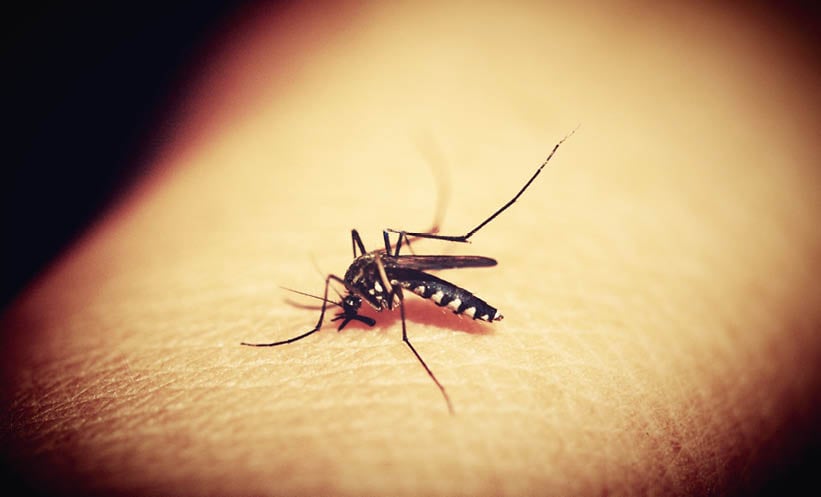CELEBRAL malaria mortality rates have been significantly reduced in mice through the use of a novel treatment method developed by scientists from the Universities of Manchester and Glasgow, UK. It is hoped that the technique, in which inflammasome inhibitors are given alongside anti-malarial drugs, will provide a potential new treatment avenue for humans with the condition.
Anti-Malaria Drugs
Currently, anti-malarial drugs are the only available treatment option for malaria, which is estimated by the World Health Organization (WHO) to kill 438,000 people per year; however, these drugs do not promote optimal recovery from cerebral malaria.
IL-33 Treatment
To better understand the biological processes underpinning recovery from cerebral malaria, the team sequenced the RNA in brain cells of mice. From this they were able to ascertain that a family of genes involved in controlling the immune response within the brain regulates recovery associated with experimental cerebral malaria. By administering the product of one of these genes, the anti-inflammatory molecule IL-33, as well as anti-malarial drugs, mortality rates were reduced from 20% to 0% in mice with the condition. Additionally, there were major reductions in complications such as haemorrhage, blocked vessels, leakage, and impaired neuronal signalling.
Inhibiting the Inflammasome
These results suggested that IL-33 plays an important role in inhibiting the inflammasome. The researchers then treated experimental cerebral malaria in mice with both inflammasome inhibitors and anti-malarial drugs, achieving the same results as the earlier IL-33 treatment.
“Important Therapeutic Target”
Prof David Brough, University of Manchester, commented: “The identification of the inflammasome in experimental cerebral malaria highlights it as an important therapeutic target and complements our ongoing research to develop more effective inhibitors for use in inflammatory disease.”
Further Study
The team now hope their findings provide the basis for the development of new malaria treatments for humans, although they acknowledge that a lot more work needs to be carried out. “This is an extremely promising area of research and we are excited that there is now a genuine way forward for researchers to work on,” commented Dr Kevin Couper, University of Manchester. “But it’s clear that mice are not humans and our next stage will be to check if this dysregulation in the IL-33-inflammasome pathway occurs in people who have cerebral malaria and influences their recovery, and we are starting to do that with partners in Africa.”
James Coker, Reporter







